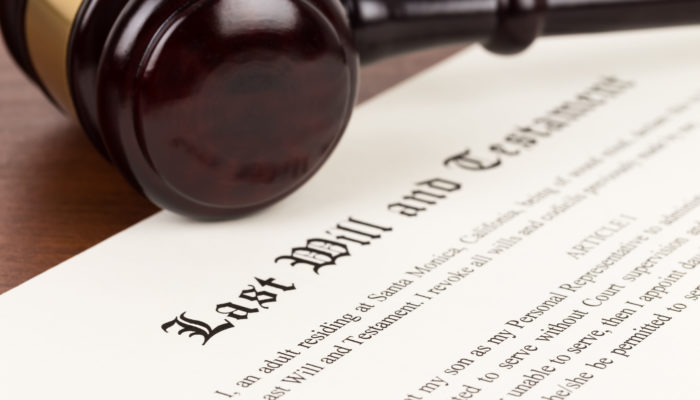Dealing with the complexities of probate can be overwhelming, especially during a time of grief. Navigating legal procedures, understanding complex laws, and ensuring compliance are just a few of the challenges faced by executors and beneficiaries. Fortunately, hiring a probate attorney can significantly ease this burden and help you manage the process efficiently and effectively. Their knowledge and experience can provide much-needed reassurance when you’re unsure of the next steps.
1. Streamlining the Probate Process
First and foremost, a probate attorney can help streamline the legal proceedings involved in settling an estate. They provide expert guidance on filing necessary documents and ensure that all paperwork is completed accurately and submitted on time. With legal guidance, you can avoid unnecessary delays and complications, making the probate process smoother for everyone involved. This ensures that critical deadlines are met and that the estate administration proceeds without costly errors.
2. Resolving Family Disputes
Moreover, a probate attorney has the expertise to handle any disputes that may arise during the probate process. Families can sometimes find themselves embroiled in disagreements over asset distribution, executor responsibilities, or the validity of a will. A probate attorney can act as a mediator and work toward fair resolutions, ensuring that the estate is settled amicably. Having a neutral legal professional involved often helps reduce tensions and maintain family relationships.
3. Navigating Delays and Complexities
Additionally, the expertise of a probate attorney is becoming increasingly crucial as the duration of probate cases lengthens. According to IFA Magazine, the percentage of probate cases taking between 21 and 23 months to be granted has increased by 132%. This increase highlights the growing complexities within the process, making professional legal support more vital than ever. With a probate attorney by your side, you can navigate these delays and complexities with less stress. They can also provide strategies to help avoid common pitfalls that contribute to such lengthy timelines.
The value of retaining a probate attorney cannot be understated. They simplify the probate process through expert guidance, dispute resolution, and methodical navigation of legal requirements. You can tackle the challenging aspects of probate with confidence, ensuring that your loved one’s estate is managed according to their wishes, and that the process concludes as swiftly and smoothly as possible. This peace of mind during such a difficult time is invaluable. Ultimately, their support allows you to focus on healing and honoring your loved one’s memory, rather than legal technicalities. Contact Ketlinski Law Office, PLLC for attorney services today.










